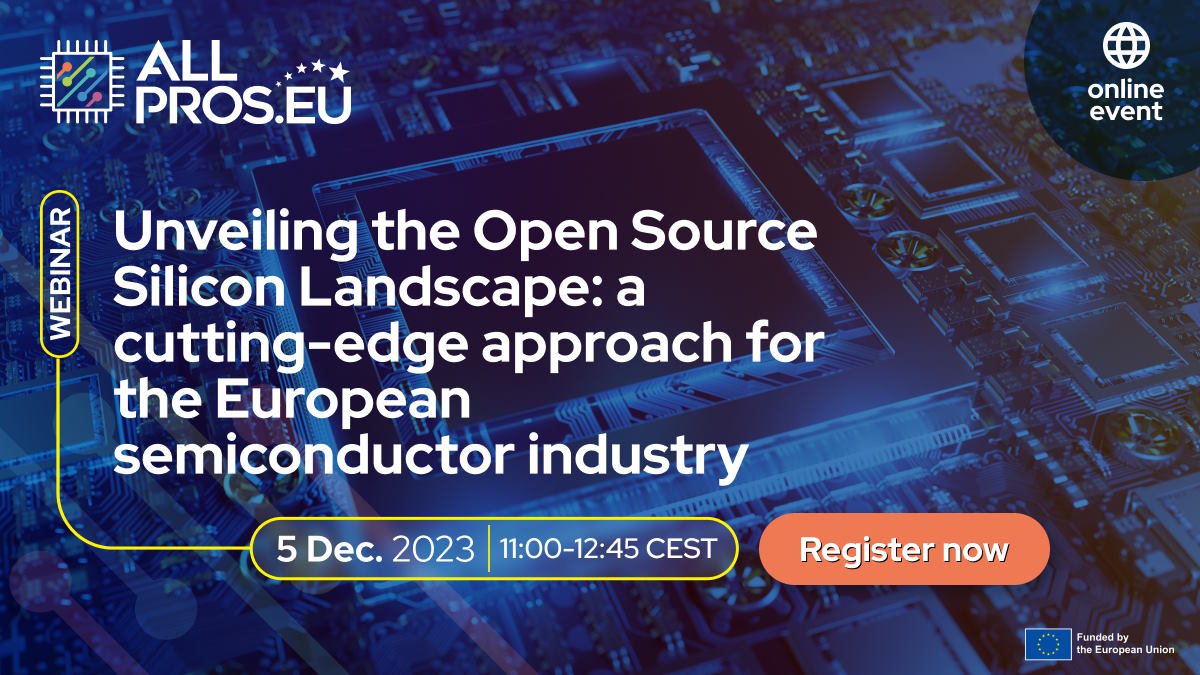10th All-Russia Science and Technology Conference
Problems of Advanced Micro- and Nanoelectronic Systems Development
MES-2021
March - November 2021
Moscow | Zelenograd
MES-2021 is dedicated to urgent issues of design automation of microelectronic systems, SoC, IP-blocks and a new element base of micro-and nanoelectronics. These issues have been and remain actual to science and technology, as evidenced by the major topics of the Annual International Conference on CAD and the development of micro-and nanoelectronic devices. MES is the largest conference in the field of CAD microelectronics in Russia and CIS countries. Proceedings of the MES conference is included in HAC list (issue 23.03.2021, pos. 2017) of Russian scientific journals, where should be published the main results of the PhD and DSc theses.
The upcoming 10th MES-2021 conference will be held mainly in the correspondence format, starting on March 01, 2021, and it will be concluded with its plenary session in November 2021.
Key discussion topics
1. Theoretical aspects of micro-and nanoelectronic systems (MES).
2. Methods and tools of design automation for micro-and nanoelectronic circuits and systems (VLSI CAD).
3. Experience of development of digital, analog, digital to analog, radio functional blocks of VLSI.
4. Features of VLSI design for nanometer technologies.
5. SoCs for advanced radioelectronic equipment.
6. Exhibition and presentation of commercial products.
Fields of interest of the conference include (but is not limited to) the following topics of relevant studies of VLSI design and VLSI design automation techniques:
Design
1. Circuits and Systems based on nanometer technologies
2. Systems on Chip
3. Digital VLSI Design
4. Design of analog functional blocks and radio VLSI
5. Design of mixed-signal VLSI
6. Methods of structural synthesis of analog, digital and mixed VLSI and complex functional blocks
7. Specialized (resistant to special effects, photosensitivity, etc.) VLSI
Simulation
1. Methods of simulation of digital, analog and mixed circuits and systems
2. Methods for radio VLSI simulation
3. Structural, logical, circuit, mixed and layout simulation
4. Methods for generating models and macromodels for VLSI CAD
5. Device and Technology simulation
6. Behavioral simulation
Information processing methods
1. Information coding
2. Digital data processing
3. Use of artificial intelligence methods, neural networks, etc. in micro- and nanoelectronic system designs
4. Unconventional arithmetic
5. High-performance computers
The development of nanoelectronic systems on new principles
1. Nanomagnetic storage devices
2. Magnetosensor structures
Call for participation in the conference programI stage - After registration at least one of the co-authors of the report one can send an article. To do this, using their registration data, please log in (see upper right corner of screen). Fill in all required fields. On the website you should send a file containing the main text of the article (in Russian or English) and an extended abstract in English (if the main text is in Russian) or a simple abstract in Russian (if the main text of the article in English). Requirements for the articles sent to MES.
II stage - sending additional documents only for the articles, which have been reviewed and accepted to the conference program.




















